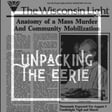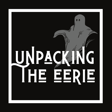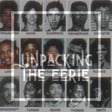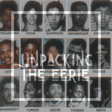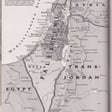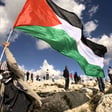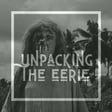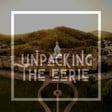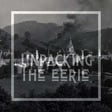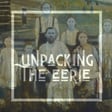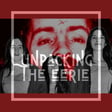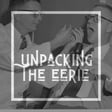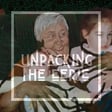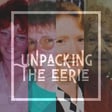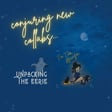
15. Jim Jones Invented the Gay Agenda (feat. Olivia Morgan, Inchunwa)
CULTS: Jim Jones/Jonestown Massacre
cw: anti-black racism, extreme violence, assault, murder, suicide, child abuse, slavery
In 1978, over 900 people died at a remote settlement in Guyana after ingesting a poison-laced drink. Their leader, Jim Jones, declared this a “revolutionary suicide.” In our first episode about a cult, we dig into the Jonestown massacre – the event that had the largest number of American civilian casualties due to a non-natural cause, until 9/11. In our third collaborative episode, Olivia Morgan*, a co-host of the podcast Inchunwa, joins Akshi as they explore the events that led up to this heartbreaking tragedy, uncovering how Jim Jones drew a group of idealistic, marginalized folks in with promises of utopia, and violently led them to their deaths. Why did this happen? Who did this happen to? How did it get to this point? Tune in to find out how white supremacy, colonization, narcissism and abuse dynamics all tie into this devastating story. And as always, take care of yourselves, coz’ this one’s a doozy.
*Olivia Morgan (she/they) is a social worker and citizen of the Choctaw Nation of Oklahoma and descendent of Chickasaw Nation. Olivia is a co-host of Inchunwa, a podcast that shares the story of the ongoing Southeastern traditional tattoo revitalization movement. On their podcast they talk with influential artists, southeastern scholars, as well as folks directly involved in the movement: those looking forward to being tattooed and those tattooing southeastern folks. To learn more about Inchunwa, you can find them anywhere you get your podcasts and follow them on Instagram @inchunwa.
Sources
If you or someone you know is struggling with suicidal thoughts, you are not alone. Here are some resources that you can reach out to for support, we also encourage you to reach out to your community & find local crisis lines in your city, state or country.
You can find a list of suicide hotlines all over the world here. The crisis lines listed below are for those located in the United States. You can find more crisis lines at this link, and search for longer-term help with a therapist on Psychology Today.
24/7 Crisis Hotline: 1-800-273-TALK (8255)
24/7 Crisis Text Line: Text TALK to 741-741
Veterans Crisis Line: Send a text to 83825
The Trevor Project (Support for the LGBTQIA2S+ community ): 1-866-488-7386
Outro last updated April 2023
FYI: we've recently unpublished older episodes as we are in process of re-editing for a smoother flow & audio experience. they will be available again as we finish.
Thank you for listening to our passion project <3 You can find us on social media here! We're a team of 2 people & have always been ad-free. If you are enjoying, please consider supporting our sustainability on Patreon or by making a one-time contribution via CashApp $unpacktheeerie.
- your grateful hosts
